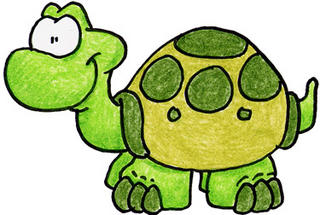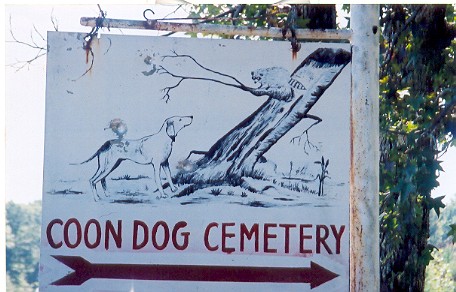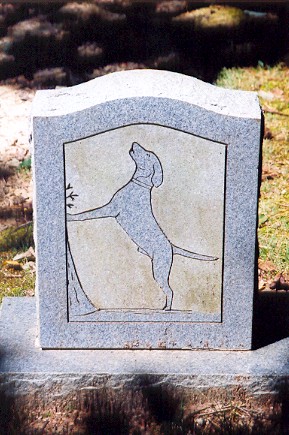
The Cowboy
Lisa Marie Basile
Lisambasile@gmail.com
I didn't know much what to do. My night was cool and calm and I just wanted to find some stars. Then a man came around.
"Pardon," he said, and he was chewing that damn tobacca. I told him, 'why don't you get outer here with your 'bacca?' Told him the Mrs. don't like it. He says, "now that ain't got much manners, William." Then he took out a cigarette.
I said, "It's Bill."
He rocked in the chair, and when the chair got all the way back, he stuck out his foot and stopped it from moving with his heel. I watched him, and he watched me. He was sitting with his back to the house, and I was sitting looking in. The last of the sun was right coming over the roof, into my left eye. But I kept my eyes on her. I saw her through the window, watching that dumb old show with all the cops. She hates blood, but she keeps on watching. I think she likes to see the worse-offs. She's been on the vent for about a year now. I guess it's been since last July. That's when she started the drinking on and off again, even though all the doctors said she was gonna die if she kept going.
Her first husband was a navy bastard. To me, that just meant he didn't have the nads for war. He was called Brian, and he died of Asbestos after working all those years in the walls of ships, maybe.
She always talked about all he got was a golden watch when he died. Then, it became hers. And then her only daughter stole it and probably sold it for drugs.
30 years, they scratched into the back of it.
And 30 years later, the watch was somewhere. It said his name and the date of his birth and the date of his death.
Now, there she was. With those long white tubes up her nose, and that machine breathing as loud as that television box. Her hair was short again. It used to be short when we met, and when she was skinny. But now it was short again, but in patches. Said she looked like a field of cotton balls.
I told her it was a bunch of clouds. She said, "Mister, you are a very nice gentleman."
I imagined the sun setting, smoothing those clouds out over the sky. The field's a dark place, and ain't the kind of place for any man.
He still had his foot up on the porch like he owned it. "Go on," I said to the gook, "light it."
So he looked at me, lifted his eyes up so he could see over the brim, and just stared at me. The corn of his mouth was crusty and old, and I could tell no woman had ever loved him. The rest of him just as much the same.
"That a statement or a question," he said.
"What's the difference?"
"Means you got the upper hand."
"So what?"
"Well," he said. "Do you got the upper hand?"
This fellow's got whiskers, I thought to myself. I guess I did laugh a little.
"Laughing at me?" he asked.
"I guess I was."
He put his foot down, and leaned forward. The chair squeaked for a long, long time and I couldn't hear her vent.
"You like having control don't ya," he said.
He took the cigarette from his mouth, and looked at it closely. His giant hands looked like he had worked hard his whole life. They sure did strangled a good many men, I thought. They were hairy, with big fat Mexican knuckles.
Then he examined it like a gift from God. He poke the tip and smelled the thing and put it up inside the hair under his nose. Smelled it, and looked crazy.
"So I can't smoke this cigarette?"
I reckoned this guy was looking for a last fight.
"No," I said. "Can't smoke that cigarette." I was thinking I'd go in to retire, so I stepped up.
"Sit," he said.
I looked at him. Couldn't have been more than 65.
"I'm older than you by a few, Fella," I said. "I got to get to bed."
"You goin' in there?" he said. "With her?"
I looked inside. Her sweater was a dull grey, all covered in little fabric balls. I bought her that when we were young, and she loved it. The wrists kept coming undone, and she kept having it sewed up.
Said to her once, "Why don't you let me buy you another sweater?"
Then she said "because the sun ain't gone down yet."
I asked her what she meant by that, and she told me she never gets rid of a good keddle.
I bought her a new keddle the week earlier but I didn't say nothing.
The woman and her riddles. My baby.
The man said, "Well, Bill. You get on to bed."
I tipped my hat, and he stood up. Then he tipped his hat, and we stared at each other under that moon for a few minutes. The cacti were very still, and all you could hear was the breath.
"You're a good man, Bill," he said.
I thanked him, and he said, "No. Thank you."
I said "pleasure's all mine."
Then, right there, he looked inside and cocked his head. "You gonna need this," he said. Handed me the cigarette and told me I could have it, his last rolled cigarette.
"Well, thanks," I said. Wasn't sure if I would smoke it.
"Ain't no matter that there are navy men and gunmen. We're all on the same land," he said. "Or water." Then he stared at me really deep, looked me up and down.
"Don't got a light?"
"Nope," I said.
He handed me the matchbook. "You know you won when you come to see the end."
The machine in the house was all beeping crazy. I knew that there was trouble, and when I turned around, that man was gone.
The place-mat under my feet made noise. It said, "Home."
Least you can do is know your place, Bill.
_______________________________________
BIO: Lisa Marie Basile is a writer and editor living in NYC. Her full-length poetry collection will come out in 2012 by Červená Barva Press. She is Editor-in-Chief of Caper Literary Journal, a monthly poetry and prose journal. She is an MFA student at The New School.
She has published or upcoming work in Poets & Artists Magazine, The Moon Milk Review, CommonLine, Aphros Literary Magazine, Vox Poetica, The Medulla Review, Melusine, Physiognomy in Letters, Feile-Festa and The Broome Street Review among others.
Her site is: www.lisamariebasile.com






